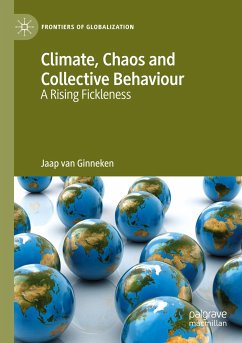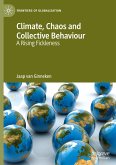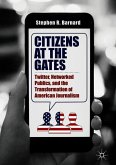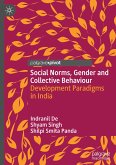This book introduces principles of Chaos theory (and Complex Adaptive Systems) to social science, in a lively and elegant way. It applies it to the twin disciplines of mass psychology (under social psychology, mostly in Europe) and collective behavior sociology (mostly in North America) that deal with emergent psychosocial phenomena that lie outside conventional approaches. Each of the eleven chapters begins with a topical 'case study' section, on an issue related to climate change and collective behaviour, such as the 'school strike' by Swedish schoolgirl Greta Thunberg, the Hollywood movie The Day After Tomorrow, and more. This book aims to show that there are fundamental reasons why many phenomena cannot be easily 'measured, predicted and controlled', and thus we need to familiarize ourselves with alternative ways of thinking about them.
Bitte wählen Sie Ihr Anliegen aus.
Rechnungen
Retourenschein anfordern
Bestellstatus
Storno








